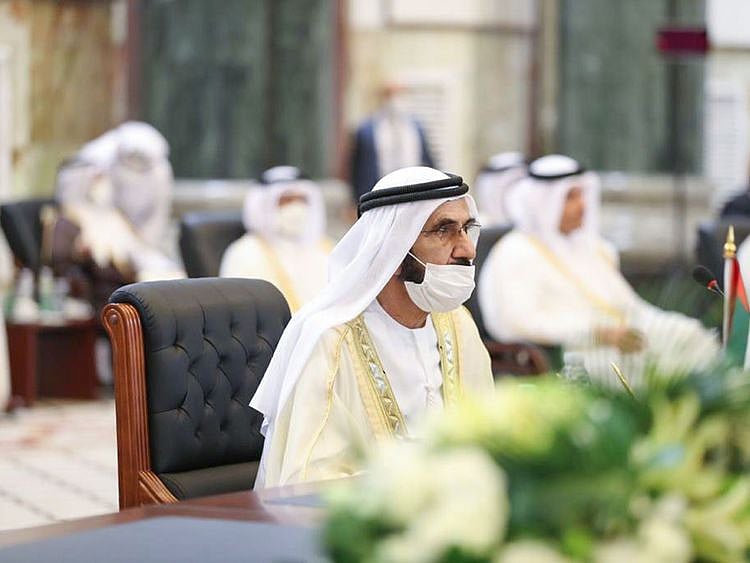Iraq conference first step towards ending regional conflicts
It is time countries in the Middle East focused on human development

The regional conference, hosted by Iraq, on Saturday can be fairly described as ground-breaking and an achievement by Baghdad.
Iraq has been out of order for most of the past 30 years, ever since Saddam Hussein decided to invade neighbouring Kuwait on August 2, 1990.
An international coalition, led by the United States, pushed the Iraq army out of Kuwait in few weeks but Iraq remained under unforgiving political and economic sanctions until 2003 when another US- led campaign overthrew the Saddam regime.
For the next 20 years, Iraq has been battling all sorts of demons -- terrorism, sectarian and ethnic strife, corruption and a deteriorating economy. However, in recent years, we started to see signs of recovery, albeit slowly.
The security challenge remains a major obstacle to the country’s political, economic and social rehabilitation, and Iraq knows well that its security and stability derives from the stability of this region.
As long as tensions and conflicts continue to impact its neighbourhood, Iraq will always face that challenge. With the tension between Iran and the US, and similarly Turkey and Syria, non- state actors, such as Hashed militias, which are funded and armed by Iran, tend to do their sponsors bidding.
In the last few months, as Iran continues to negotiate the revival of the nuclear deal with the US and the West, its proxies in Iraq have been attacking US and foreign targets in Iraq, ostensibly to improve Tehran’s position in the negotiations.
The government of Prime Minster Mustafa Al Kadhimi seems intent to end this vicious cycle. Iraq “refuses to use its territory as an arena of conflict,” the Prime Minster said at the opening of the Baghdad Conference for Cooperation and partnership.
The conference, which brought together Iraq’s neighbours, Gulf states, Egypt, Jordan and France, is the Iraqi premier’s foremost attempt so far to find a way for his country to not only mediate between regional rivals but also to ensure peace in the neighbourhood.
It is a little early to feel the impact of the summit. But, nevertheless, and as His Highness Sheikh Mohammed bin Rashid Al Maktoum, Vice-President and Prime Minister of the UAE and Ruler of Dubai said, the conference “marks Iraq’s return to its regional and global position.”
US President Joe Biden, whose country didn’t take part in the meeting, rightly said that Iraq’s role in trying “to ease tensions among neighboring states and expand cooperation across the Middle East” is historic.
The region has had more than its share of conflicts and bloodshed. It is time the Middle East focused on human and economic development. The Baghdad conference is a good step towards that direction.
Sign up for the Daily Briefing
Get the latest news and updates straight to your inbox
Network Links
GN StoreDownload our app
© Al Nisr Publishing LLC 2026. All rights reserved.